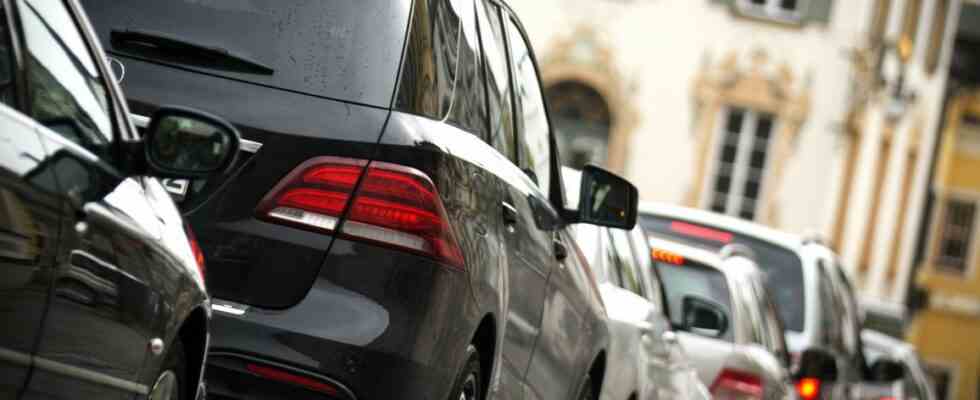Traffic researchers have been preaching for years that new bypass roads will only relieve the respective municipalities to a very small extent, if at all. Instead, as a rule, they attract more cars to the region, transport the area and destroy the landscape. Therefore, the vote of the citizens of Holzkirchen in Upper Bavaria against a new bypass for their market can be understood as a hopeful sign that this insight has now reached at least parts of the population. The election result, with which the citizens of Weilheim, also in Upper Bavaria, buried the plans for a bypass around their district town a few weeks ago, can be interpreted as such a signal. But nothing more.
Because the reality in Bavaria is still different. It could be viewed at the weekend in Marktoberdorf and Bertholdshofen. Thousands of visitors celebrated the new bypass for the Swabian city at a tunnel party there. The project is “a real relief for the people in the region,” said Construction and Transport Minister Christian Bernreiter (CSU) and praised the federal government, which has invested 74 million euros in the bypass road and tunnel. In general, Bernreiter celebrates road construction projects in Bavaria every week. On Friday it was the west tangent in Zapfendorf in the Upper Franconian district of Bamberg, which the Free State subsidized with at least 2.9 million euros. On the Monday before, a through-town in the Dingolfing-Landau district for almost the same money.
It is also part of the credo of every traffic researcher that effective climate protection will only be possible with much less car traffic. Conversely, this means that people will increasingly have to switch to trains, buses and bicycles in the future. At least a large part seems to be ready for that, too. This is suggested by the huge demand for the 9-euro ticket and, most recently, the great popularity of the bicycle referendum. The initiators, including the ADFC and various environmental organizations, would have needed 25,000 signatures to clear the first hurdle on the way to a bicycle law for Bavaria. They delivered a good 100,000 in the past week. It remains to be seen how the state government deals with the demand.
Meanwhile, the citizens of Holzkirchen and Weilheim are at least satisfied that they have spared their landscapes from new concrete orgies. Especially since the bypass roads would not have really helped them against the queues of cars through their towns.

